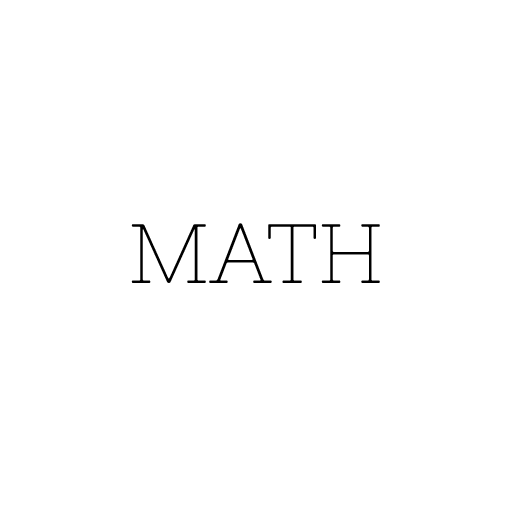
Creating a comprehensive algorithm for a game as complex as poker, complete with mathematical formulas, is a substantial task. Poker involves elements of probability, game theory, and psychology. I’ll outline a basic approach to developing such an algorithm, focusing on Texas Hold’em, the most popular variant of poker. The algorithm will involve several steps, each handling a different aspect of the game.
Step 1: Hand Strength Evaluation
Formula: Pwin=Wh/T
- : Probability of winning.
- : Number of winning hand combinations.
- : Total possible hand combinations.
Process:
- Calculate the strength of the current hand (e.g., pair, flush, etc.).
- Compare it with possible hands opponents might have.
- Adjust the calculations as community cards are revealed.
Step 2: Pot Odds Calculation
Formula: Pot Odds = Current Pot Size / Call Amount
Process:
- Calculate the pot odds.
- Determine if the pot odds justify a call based on the hand’s winning probability.
Step 3: Expected Value (EV) Calculation
Formula:
- : Probability of losing (1 – ).
Process:
- Calculate EV for potential actions (call, raise, fold).
- Choose the action with the highest EV.
Step 4: Position and Play Style Adjustment
Process:
- Adjust strategies based on the player’s position (early, middle, late).
- Consider the play style of opponents (aggressive, passive, etc.).
Step 5: Bluffing Strategy
Process:
- Determine opportunities to bluff based on opponents’ tendencies and table image.
- Integrate bluffing into the expected value calculation.
FAQ
Q: How do you calculate the probability of winning a hand? A: Use hand strength evaluation to assess your hand’s strength against possible opponent hands, considering the community cards.
Q: When should you fold based on pot odds? A: If the pot odds are significantly lower than the odds of winning the hand, it’s usually wise to fold.
Q: What is the most important factor in a poker algorithm? A: The ability to adapt to different game situations and opponent strategies is crucial.
Q: Can a poker algorithm guarantee wins? A: No, due to the inherent uncertainty and psychological elements in poker, an algorithm can only improve decision-making, not guarantee wins.
This is a simplified approach to creating a poker algorithm. In practice, more sophisticated models would involve deeper statistical analysis, machine learning techniques, and a detailed understanding of poker psychology.




